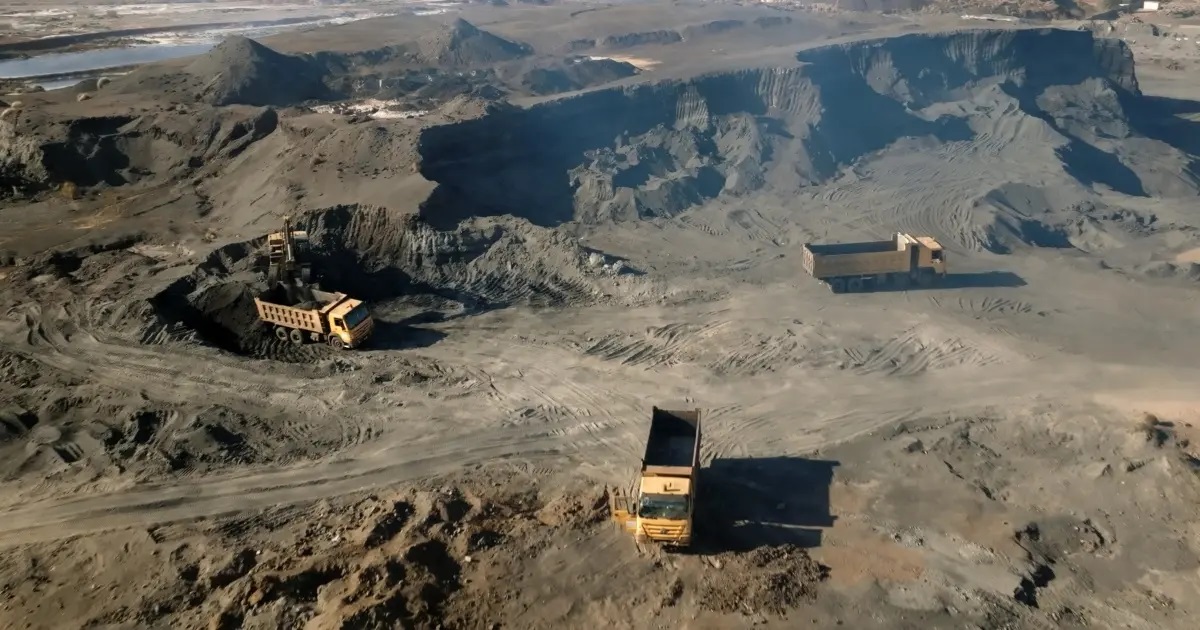Lusaka: The Zambian government has rejected claims of dangerous pollution in the Copperbelt mining region after the US embassy issued a health alert, ordering the withdrawal of its personnel from Kitwe and surrounding areas. The embassy cited concerns over “widespread contamination” of water and soil linked to a February spill at the Sino-Metals mine, warning that hazardous substances could become airborne and pose health risks.
The spill occurred when heavy rains caused a tailings dam—used to store toxic mining waste—to collapse into the Kafue River, a major drinking water source. The US embassy stated that new findings revealed “hazardous and carcinogenic substances,” prompting its precautionary measures. However, Zambian government spokesperson Cornelius Mweetwa dismissed the alarm, insisting that water tests showed normal pH levels and that the area was now safe for drinking, farming, and environmental health.
Sino-Metals Leach Zambia, a subsidiary of China’s state-owned mining group, had pledged compensation and environmental restoration after the spill, which initially harmed aquatic life and local farmers. Green Economy Minister Mike Mposha affirmed the government’s ongoing efforts to monitor and address the situation, while Water Development Minister Collins Nzovu stated that water quality met World Health Organization standards.
Critics, however, remain skeptical. Opposition leader Peter Sinkamba accused the US embassy of geopolitical motives, questioning why it took months to act while ignoring past pollution linked to Western mining firms. Environmental activist Maggie Mapalo Mwape urged immediate action, calling the spill a “national disaster” requiring long-term solutions to protect Zambians’ health and ecosystems. The dispute highlights tensions between foreign diplomatic warnings and the government’s assurances over mining-related environmental risks.














